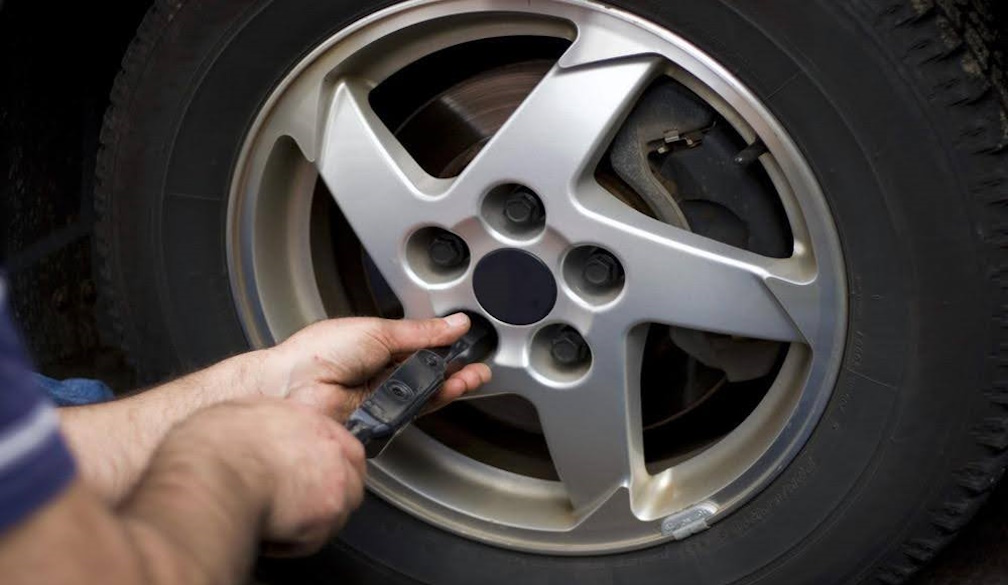How to Maintain a Commercial Fleet

Effectively managing a commercial fleet takes careful planning, consistent monitoring, and a proactive approach to vehicle care. Fleet maintenance encompasses everything from scheduling routine inspections to training drivers in proper road habits. A well-maintained fleet reduces downtime, boosts performance, and saves money by lowering the odds of large-scale repairs. If you’re looking to streamline your fleet operations and keep vehicles in excellent condition, consider the following strategies.
Establish a Preventive Maintenance Schedule
Scheduling regular maintenance is the foundation of fleet longevity and safety. Start by consulting each vehicle’s manufacturer guidelines to determine the appropriate intervals for oil changes, tire rotations, and inspections. This helps you catch small problems—such as worn brake pads or low fluid levels—before they escalate into costly breakdowns. Preventive maintenance also extends each vehicle’s lifespan, saving you from frequent replacements. Adopting a clear, detailed schedule offers consistency across the fleet and reduces the likelihood of missing critical service appointments.
According to Engine Technology Forum, there are over 15 million registered commercial vehicles in the U.S., and more than three-quarters of these run on diesel engines. If you operate diesel-powered trucks or vans, focus on tasks specific to diesel systems, such as monitoring glow plugs, diesel particulate filters, and coolant levels. By tailoring preventive routines to your particular fleet composition, you optimize safety and ensure every vehicle remains ready for service.
Implement Regular Vehicle Inspections
In addition to scheduled maintenance, daily or weekly inspections help uncover any emerging issues. Train drivers and fleet managers to inspect tires, mirrors, lights, and fluid levels before setting out. Listen for unusual noises and pay attention to performance changes—things like delayed acceleration or rough idling can point to deeper mechanical problems. Quick visual checks are also helpful for identifying leaks, exterior damage, or malfunctioning brake lights.
According to IBISWorld, there are currently 21,253 third-party logistics enterprises operating across the United States, illustrating just how competitive the commercial transport sector can be. Frequent inspections help you stay competitive by minimizing unplanned downtime and fulfilling regulatory requirements. Moreover, consistent checks build a culture of accountability within your team, where every employee understands the importance of a reliable, well-maintained fleet.
Leverage Technology for Efficiency
Today’s fleet management software and telematics systems offer real-time visibility into your vehicles’ locations, performance metrics, and fuel consumption. These tools can automatically track engine hours, mileage, and driving patterns, making it easier to schedule maintenance when it’s truly needed rather than relying on generalized estimates. By centralizing important data, you gain insights into common wear-and-tear issues, enabling you to budget for parts and service more accurately.
According to GoShare, pickup trucks make up around 18% of all vehicle sales in the U.S., meaning many fleets include light-duty trucks for deliveries, hauling, or service calls. If pickup trucks or other vehicles frequently traverse rough or off-road terrain, leveraging telematics can help monitor suspension health and tire wear specific to those conditions. Integrating these systems streamlines record-keeping and ensures you always have an up-to-date snapshot of your entire fleet’s well-being.
Focus on Driver Training and Habits
No amount of maintenance can fully compensate for reckless driving. Driver behavior significantly impacts the condition of a fleet, influencing fuel efficiency, brake wear, and overall safety. Provide training on topics such as defensive driving, smooth acceleration and deceleration, and proper load management—especially important for vehicles carrying heavy cargo. Encourage drivers to take immediate action if they notice warning lights on the dashboard or suspect mechanical issues.
Incentive programs can also improve driver habits. Recognize employees who demonstrate outstanding driving records, minimal idling times, or careful handling of vehicles under various conditions. This approach not only rewards good practices but also fosters a sense of pride and responsibility among your team members. A well-trained, safety-conscious driver is one of the best defenses against unexpected breakdowns or costly repairs.
Budget for Repairs and Replacements
Even with rigorous maintenance schedules, vehicles eventually age or face sudden mechanical failures. Prepare a budget that covers both routine upkeep and emergencies. Monitor repair histories to identify recurring issues—if a certain model repeatedly requires the same repair, it may be more cost-effective to replace that unit than to keep spending on short-term fixes. Similarly, watch for manufacturer recalls that might signal larger mechanical flaws and take action accordingly.
Another factor in budgeting is the current value and projected life of each vehicle. By knowing the industry standard for service life, particularly for your most utilized diesel or light-duty models, you can plan when it’s time to retire or upgrade specific units. Factoring the resale or trade-in value into your overall budget ensures you recoup some costs and maintain a modern, efficient fleet.
Communicate and Collaborate with Your Team
A successful fleet maintenance strategy depends on clear, ongoing communication between management, drivers, and service technicians. Set up a system for reporting concerns—whether it’s an app, an online portal, or a simple phone call. If drivers feel confident reporting minor issues, you’re more likely to fix them early and prevent more extensive damage. Regular fleet meetings to discuss best practices, safety protocols, and new equipment updates can further unite everyone under the same goal: reliable, road-ready vehicles.









